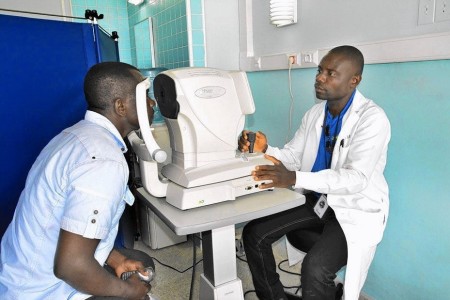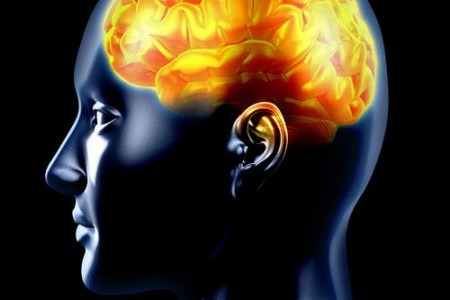Bad transport system health hazards - Long hours of being stuck in the traffic jam and unavoidable inhalation of harmful fumes from vehicles revealed bad effects on our health.
The transport system was developed so that it can get us where we want as fast as possible. However, the public transport system does not always live up to its promises. Take for example our transportation situation in Thailand. Every day we hop on these vehicles with the hope of getting to our destinations as early as possible. However, looking at the prevailing transportation system in Thailand the result was the opposite way around.
Bad transport system has always affected human’s well-being for the reason that vehicular emission have been contributing to the degradation of humans’ health. Automobiles in particular, release numerous chemicals, including carbon monoxide, benzene, formaldehyde and other harmful compounds. These chemical emissions cause a number of hazardous health effects on the living beings including cardiovascular disease, respiratory disease and cancer as well as associated with health impacts on people’s reproductive, urological and neurological systems.
Not only that, World Health Organization (WHO) reported that almost 1.3 million people die each year on the roads across the globe. In Thailand, more than 25,000 people are killed in road accidents every year.
Transport system also contributes to the noise pollution and destroys our peaceful environment. Thus, prolonged exposure to transport noise has been shown to affect sleep and reduce performance in concentration and analytical skills, especially to children. The vibrations created by vehicles cause muscle damage, changes in tendons, bones and joints, psychological and cognitive impairment.
The operators of these public transport systems experience the worse effects. In fact, study shows that back and neck pain were the most common complaints among urban transit operators.
People who commute to work by car are less healthy that those who commute by healthier modes such as walking, cycling, and skateboarding. Cardiovascular and other health risks are lower among those individuals who use any forms of human-powered transportation. IMAGE/tastythailand.com




